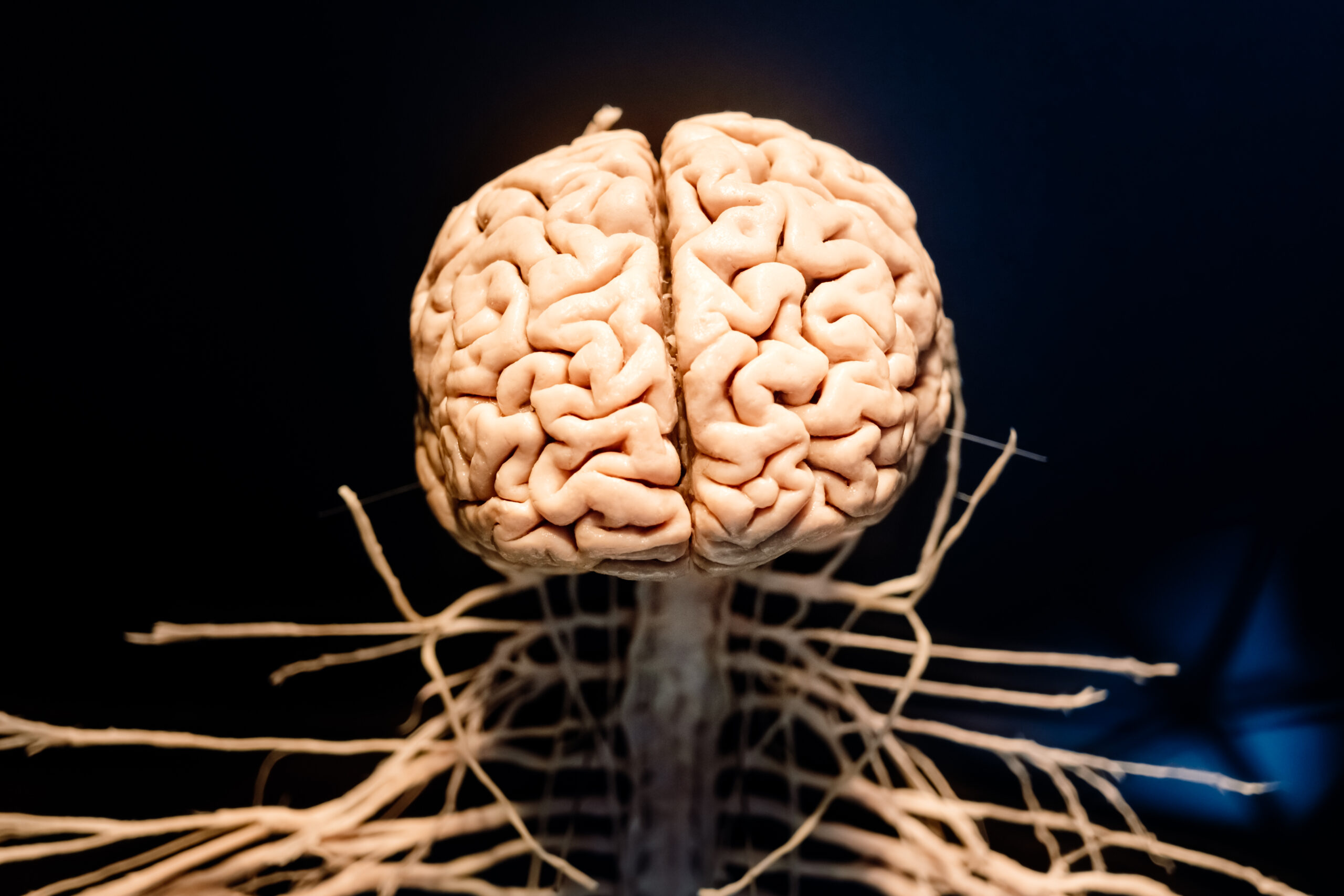Depressants are a class of drugs that slow down the activity of the central nervous system (CNS). They are commonly prescribed to treat conditions such as anxiety, insomnia, and seizures. At PMHC in Philadelphia, we believe in educating our patients about the effects of these medications. In this blog, we will explore how depressants affect the CNS and their impact on overall health.
Understanding Depressants
Depressants, also known as central nervous system depressants, include a variety of substances such as benzodiazepines, barbiturates, and alcohol. These drugs work by enhancing the activity of neurotransmitters that inhibit brain activity, leading to a calming and sedative effect.
Effects on the Central Nervous System
- Slowed Brain Function: Depressants reduce the activity of the brain by increasing the effects of the neurotransmitter gamma-aminobutyric acid (GABA). This results in slowed brain function, which can help alleviate symptoms of anxiety and promote relaxation.
- Sedation and Drowsiness: One of the primary effects of depressants is sedation. These drugs can cause drowsiness and promote sleep, making them useful for treating insomnia and other sleep disorders.
- Muscle Relaxation: Depressants have muscle relaxant properties, which can help relieve tension and spasms. This is particularly beneficial for individuals with conditions such as muscle pain or spasticity.
- Reduced Anxiety: By slowing down brain activity, depressants can reduce feelings of anxiety and stress. This makes them effective for treating anxiety disorders and panic attacks.
- Impaired Coordination and Reflexes: Due to their effects on the CNS, depressants can impair coordination and reflexes. This can affect motor skills and increase the risk of accidents and injuries.
- Respiratory Depression: High doses of depressants can lead to respiratory depression, where breathing becomes slow and shallow. This is a serious side effect that can be life-threatening, particularly when combined with other CNS depressants.
Potential Risks and Side Effects
- Dependence and Addiction: Long-term use of depressants can lead to physical dependence and addiction. Individuals may develop a tolerance, requiring higher doses to achieve the same effect, and experience withdrawal symptoms when the medication is stopped.
- Memory Impairment: Chronic use of depressants can impair memory and cognitive function. This is particularly true for benzodiazepines, which can affect both short-term and long-term memory.
- Mood Changes: Depressants can cause changes in mood, leading to feelings of depression or irritability. This can affect overall mental health and quality of life.
- Interactions with Other Medications: Depressants can interact with other medications, leading to increased sedation and respiratory depression. It is important to inform your healthcare provider of all medications you are taking to avoid potential interactions.
Depressants play a crucial role in managing various medical conditions, but they also come with potential risks and side effects. At PMHC in Philadelphia, we emphasize the importance of using these medications responsibly and under the guidance of a healthcare professional. If you have any questions or concerns about the effects of depressants on the central nervous system, our team is here to provide support and information.

